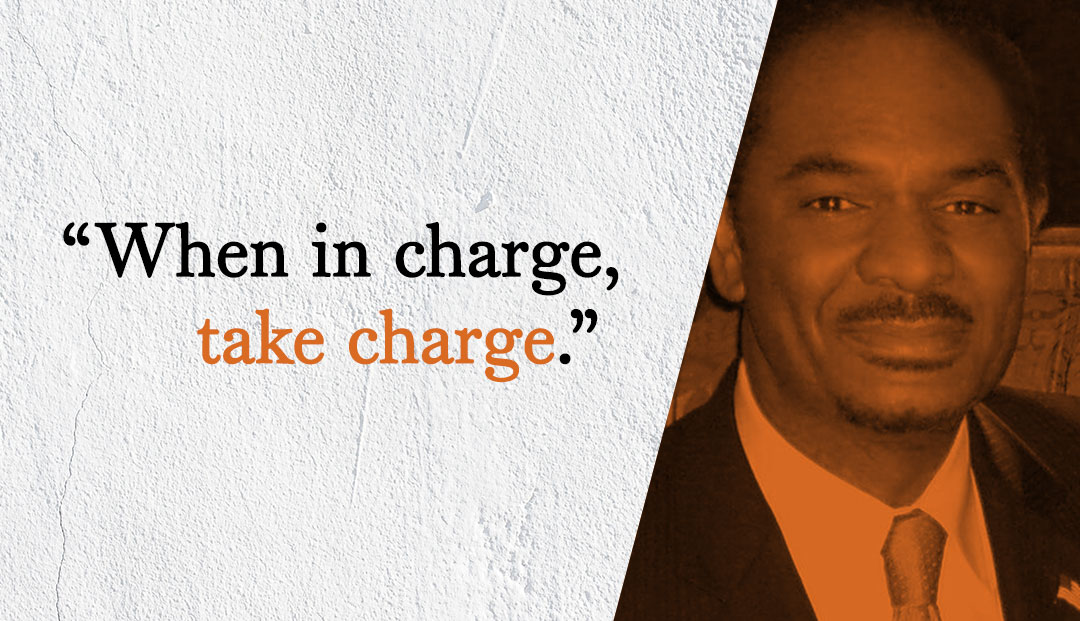Using new technologies like artificial intelligence (AI) to improve humanity is at the core of Robert L. Gordon MPA '89's work. As chief growth officer of SBG Technology Solutions, Gordon is using a multi-sector approach to bring the latest technologies to the masses.
Throughout his career, he’s also learned how to be a thoughtful and strategic leader. He boils it down to three main tenets: know who is around the table (and their stakes and stands), be inclusive and transparent, and give people a voice. Finally: When in charge, take charge.
He shares his story, as well as some memories from his time at the Princeton School of Public and International Affairs (SPIA), in the Q&A and bonus podcast below.
Q. What do you think is the most important policy issue facing us today?
Gordon: Technology continues to advance and evolve at a very rapid pace. Our policymaking process needs to keep pace with the evolution of technology. Part of that is the ethics of technology. What ought we pursue as a species and as a nation with respect to continuing to increase the welfare function of the state? Some key decisions from policy leaders and policy analysts will be extremely important.
Q. What current project or initiative are you most excited about?
Gordon: It is bringing artificial intelligence to the masses and democratizing AI. This is a project and a vision that we want to bring to education. Undergirding this vision is the point that AI has not been available to the masses in many of our other sectors. It’s costly, requires high human capital, and it takes a length of time from ideation through the deployment of AI. We are embarked at SPG in creating training that will require no coding and no programming skills to be able to build artificial intelligence and machine learning pipelines, and then develop use cases for organizations. We are focusing this training on that— coupled with the ethics of AI and deeply thinking about the correct way of using it.
Q. What are some of the more important skills and strategies you've learned throughout your career?
Gordon: I had a chance as a young child to experience different cultures and come to terms with the consistencies among cultures that you see — education, health, safety, and security. But mixed in all of that is this notion of a strong ethic of love and familial relationships and the ability to build vibrant community. If there was a thread through everything that I’ve done, it is that. How do you improve the human condition? And then on top of that, how do you use new technologies to be able to do that? To be able to bring humans together in more powerful ways to build trust? My strategy has evolved to achieve, and hopefully play a small role, in being able to improve humanity along those lines.
Q. How do you go about forging a consensus in your work? What are some tips that you would offer young policymakers or others?
Gordon: There are a number of different strategies. First, know who is around the table and who the decision-makers are coming into the room. Second, be as inclusive as possible and as transparent as possible. And third, I would say, give people a stake in terms of a voice. Finally, if you are a decision-maker, make a decision. When in charge, take charge. People’s voices make a difference. Honor those voices and ensure that you recognize that they’re meaningful voices in terms of what their stakes and standards are.


